
With the rapid development of the Internet, people are faced with a large amount of information and product choices, and personalized recommendations have become an effective means to solve the problem of information overload. As a hot topic in the field of artificial intelligence, deep learning technology has shown strong potential in recommendation systems, providing users with more accurate and personalized recommendation services, and promoting the new frontier of recommendation systems
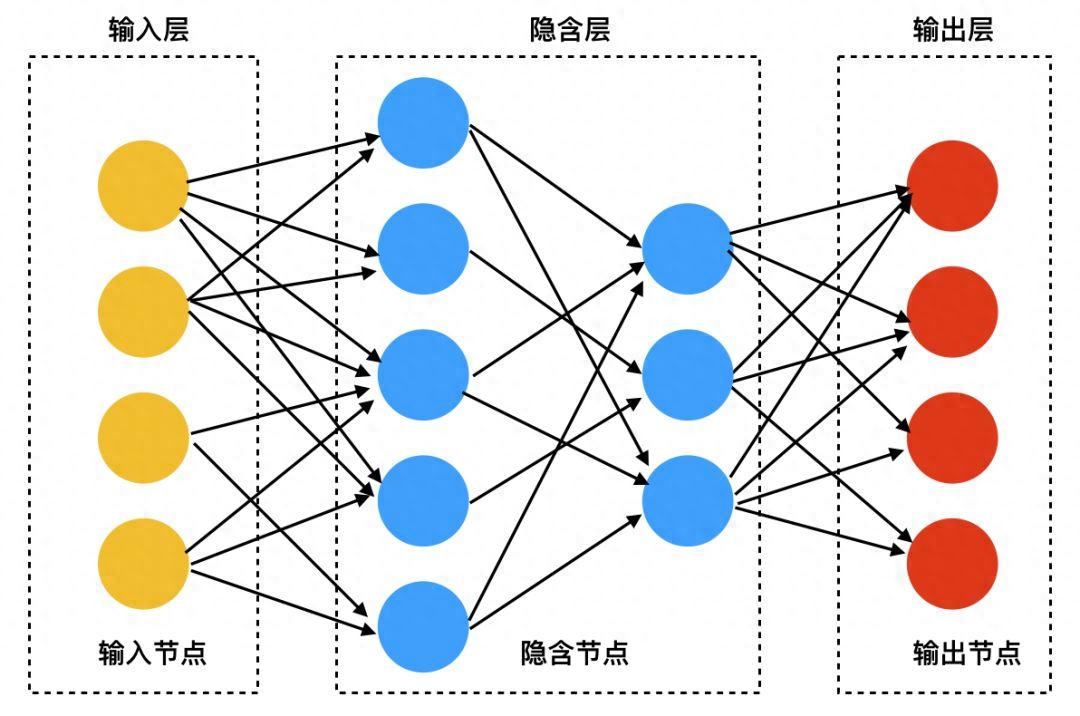
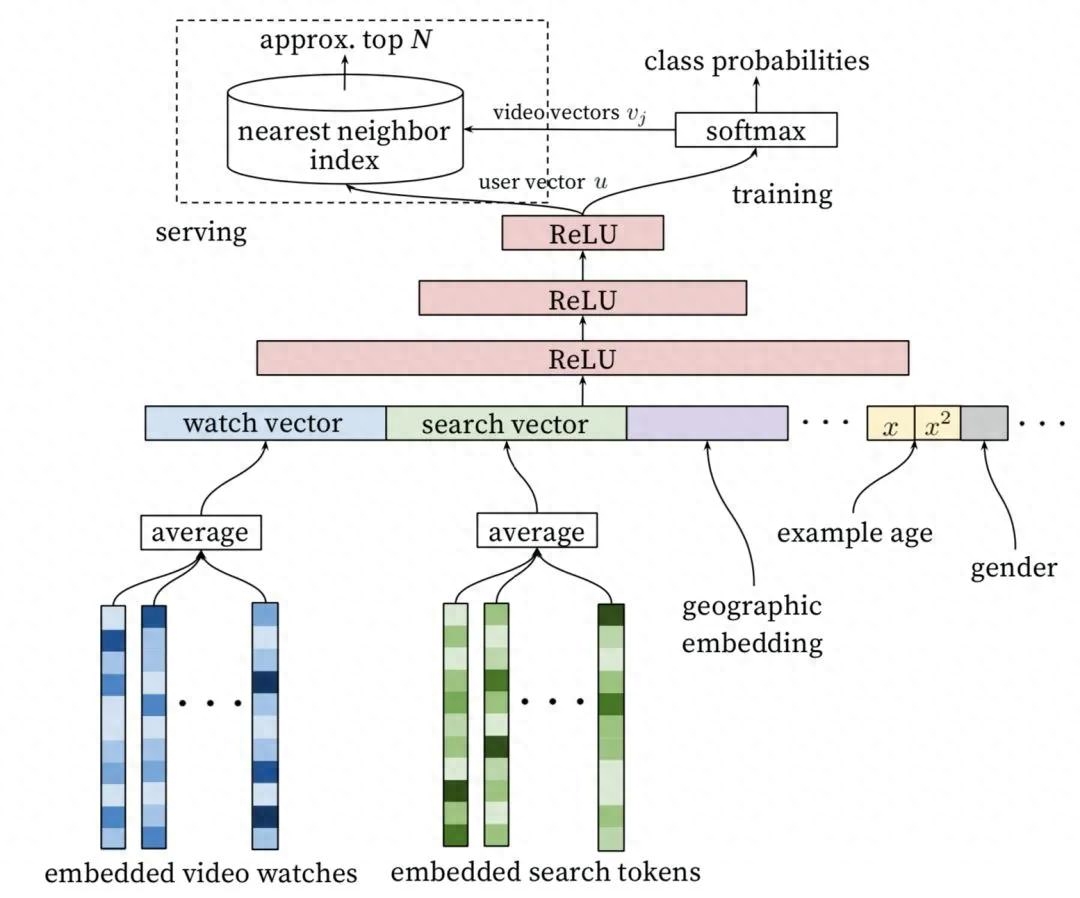
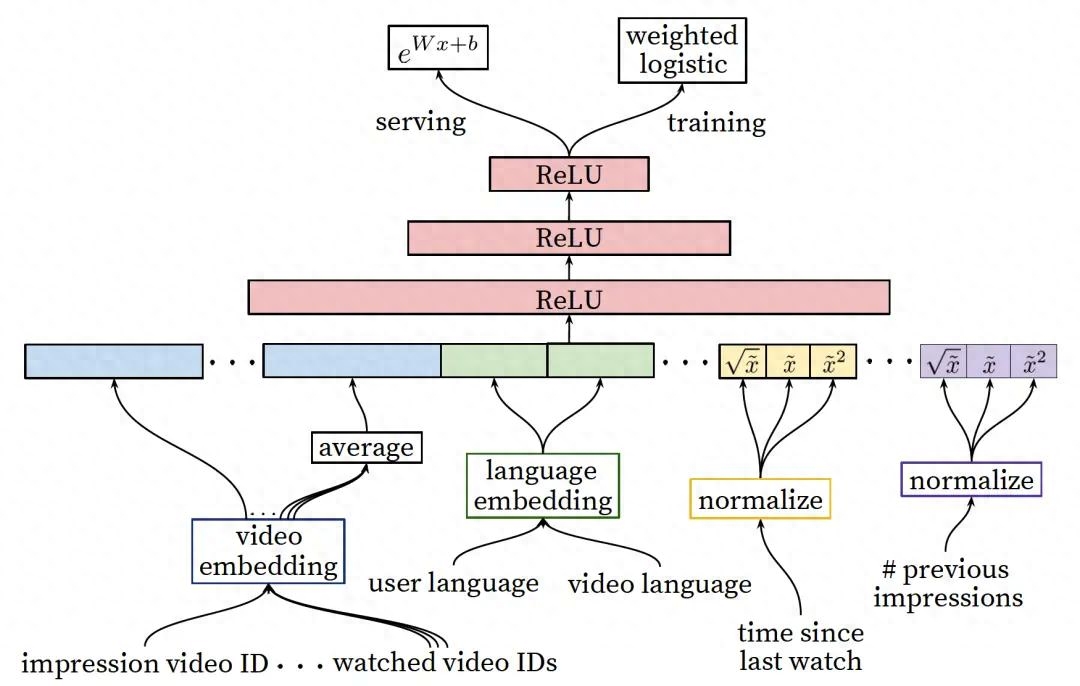
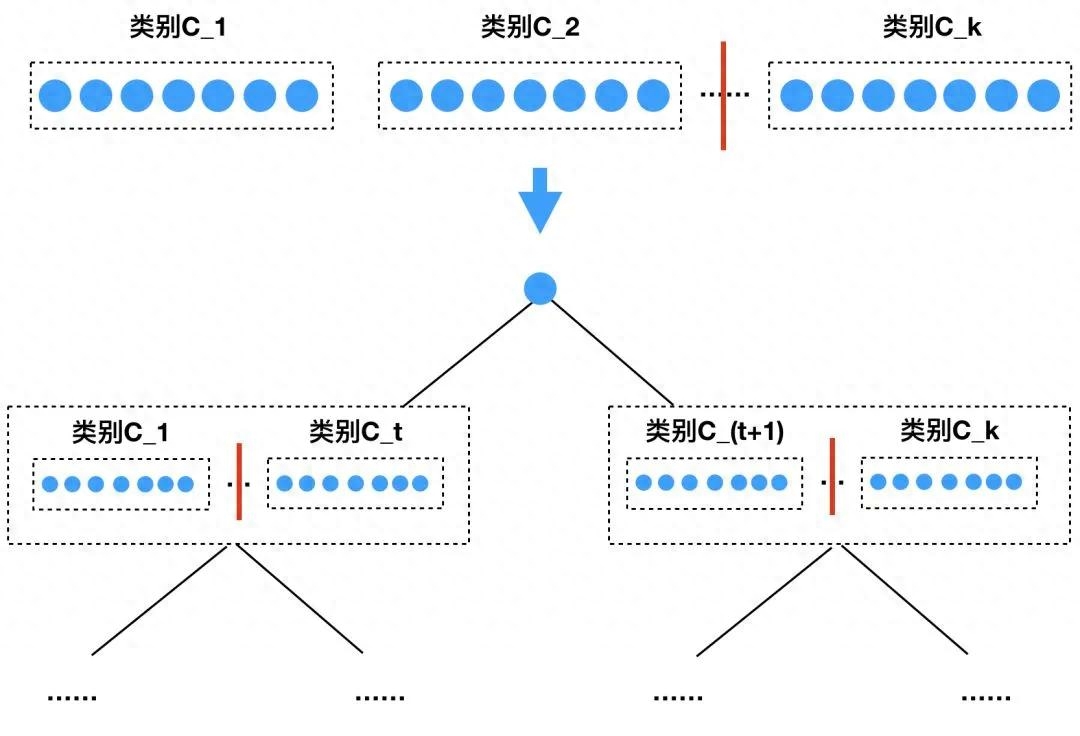
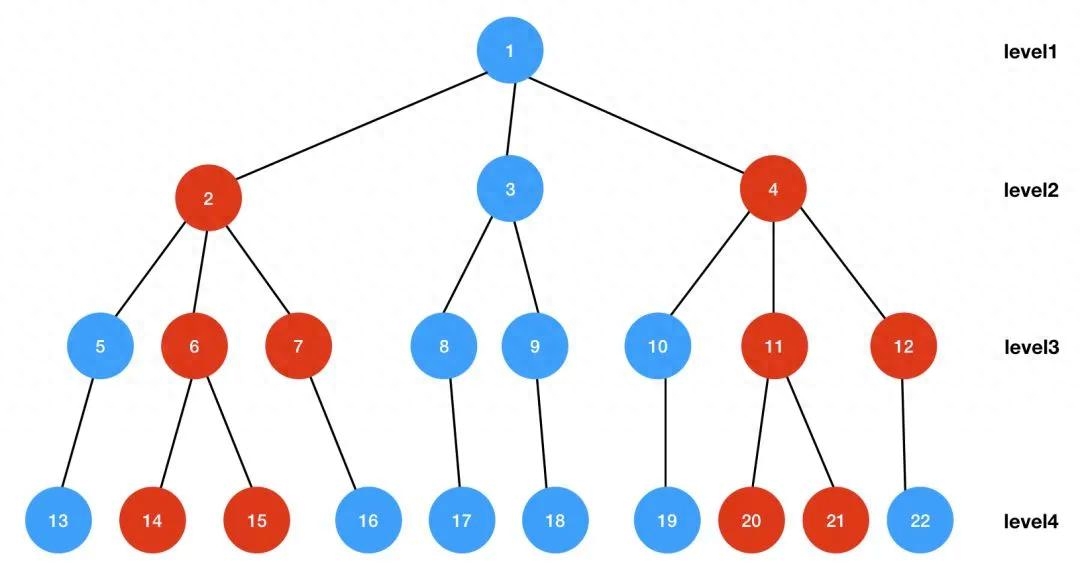
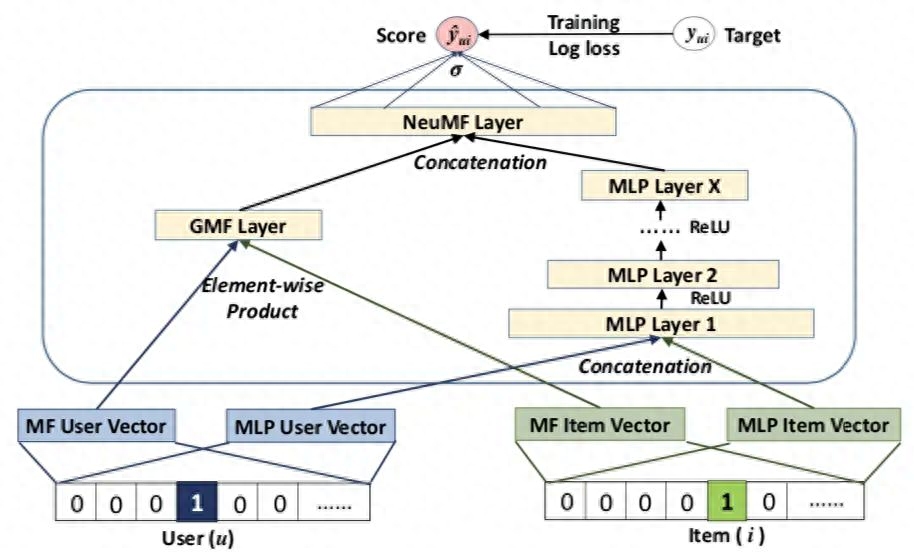
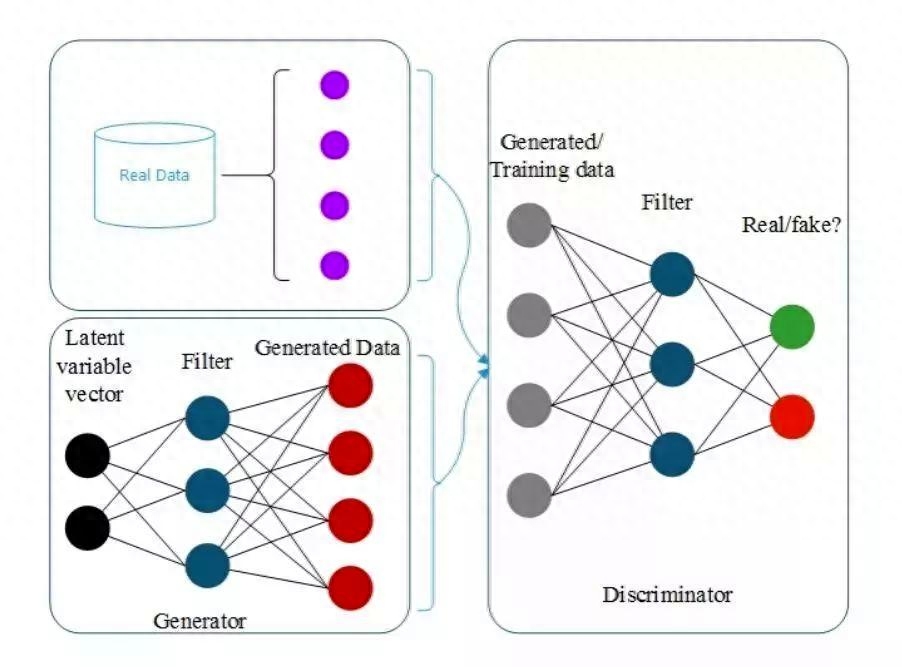
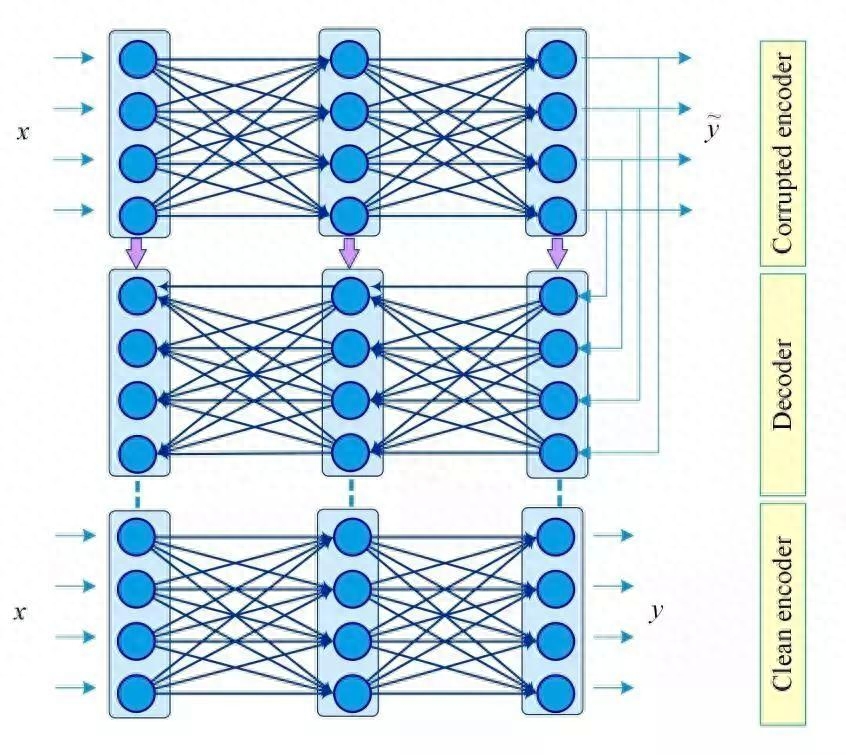
With the continuous advancement and promotion of deep learning technology , the application of deep learning in recommendation systems will become more extensive and in-depth. In the future, we can look forward to more innovations and breakthroughs, and more efficient and accurate personalized recommendations will become possible
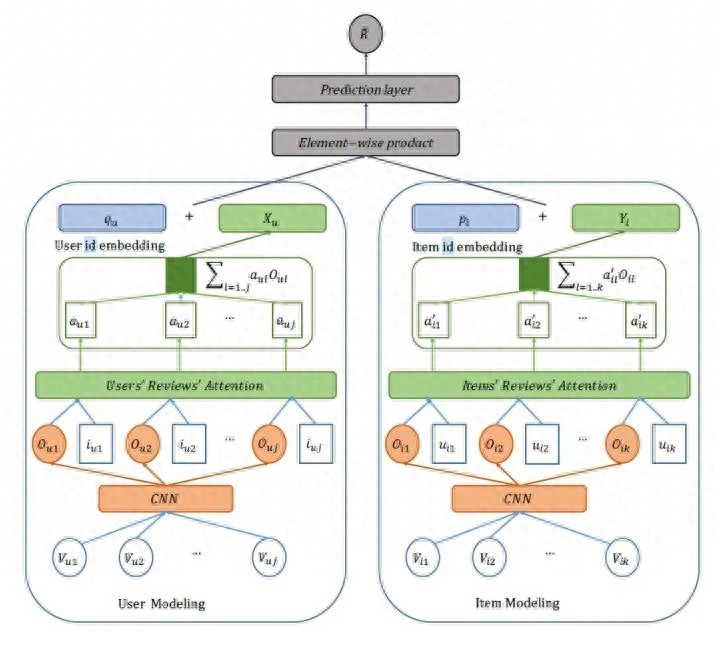
At the same time, as users The requirements for privacy protection and model interpretability continue to increase, and research on deep learning models in these aspects will become increasingly important. Developing a more privacy-preserving and interpretable deep learning recommendation model will become one of the future research directions.
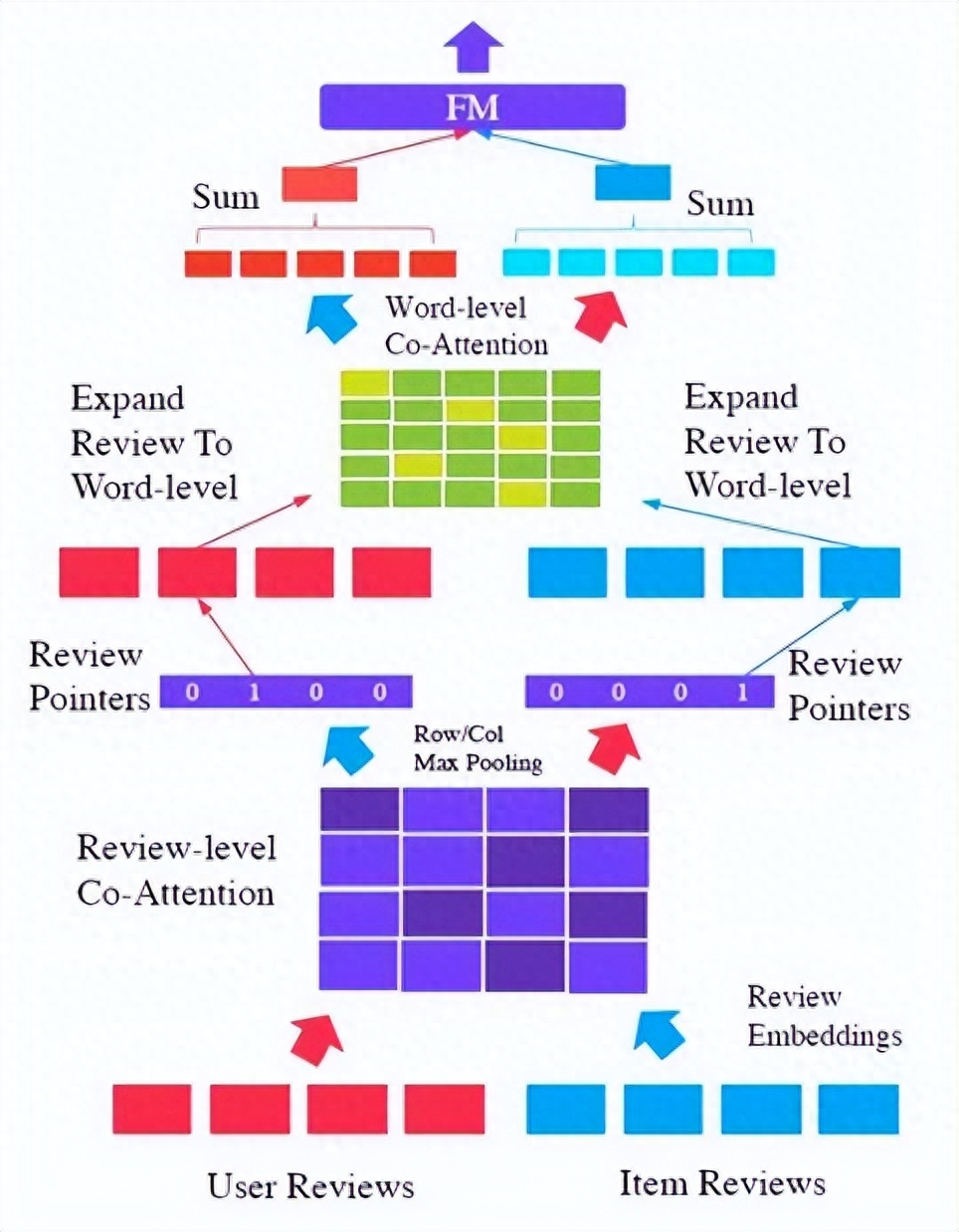
#The application of deep learning in recommendation systems has shown great potential. Through deep learning, we can build a smarter and more personalized recommendation system, provide users with more valuable recommendation services, and also promote new developments in recommendation system research
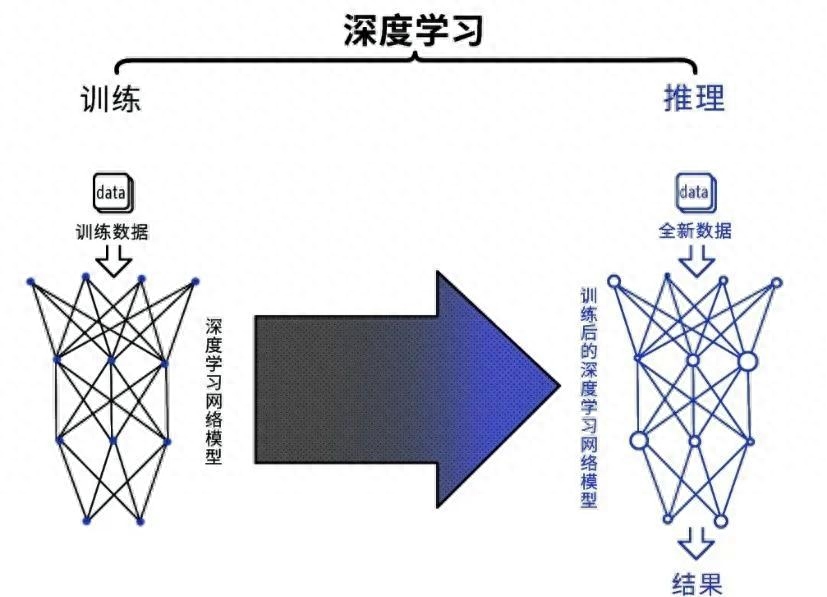
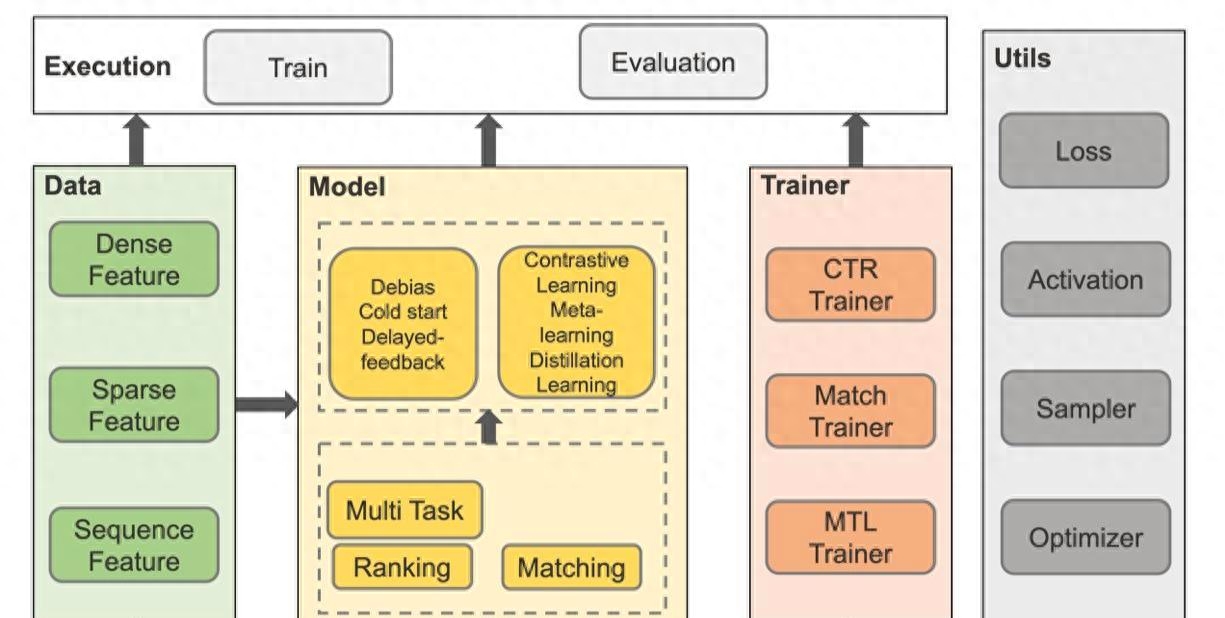
The above is the detailed content of The new frontier of personalized recommendations: the application of deep learning in recommendation systems. For more information, please follow other related articles on the PHP Chinese website!
 Application of artificial intelligence in life
Application of artificial intelligence in life
 What is the basic concept of artificial intelligence
What is the basic concept of artificial intelligence
 What is the function of mobile phone NFC?
What is the function of mobile phone NFC?
 What are the core technologies necessary for Java development?
What are the core technologies necessary for Java development?
 freelaunchbar
freelaunchbar
 sp2 patch
sp2 patch
 Solution to 0x84b10001
Solution to 0x84b10001
 Common encryption methods for data encryption storage
Common encryption methods for data encryption storage




